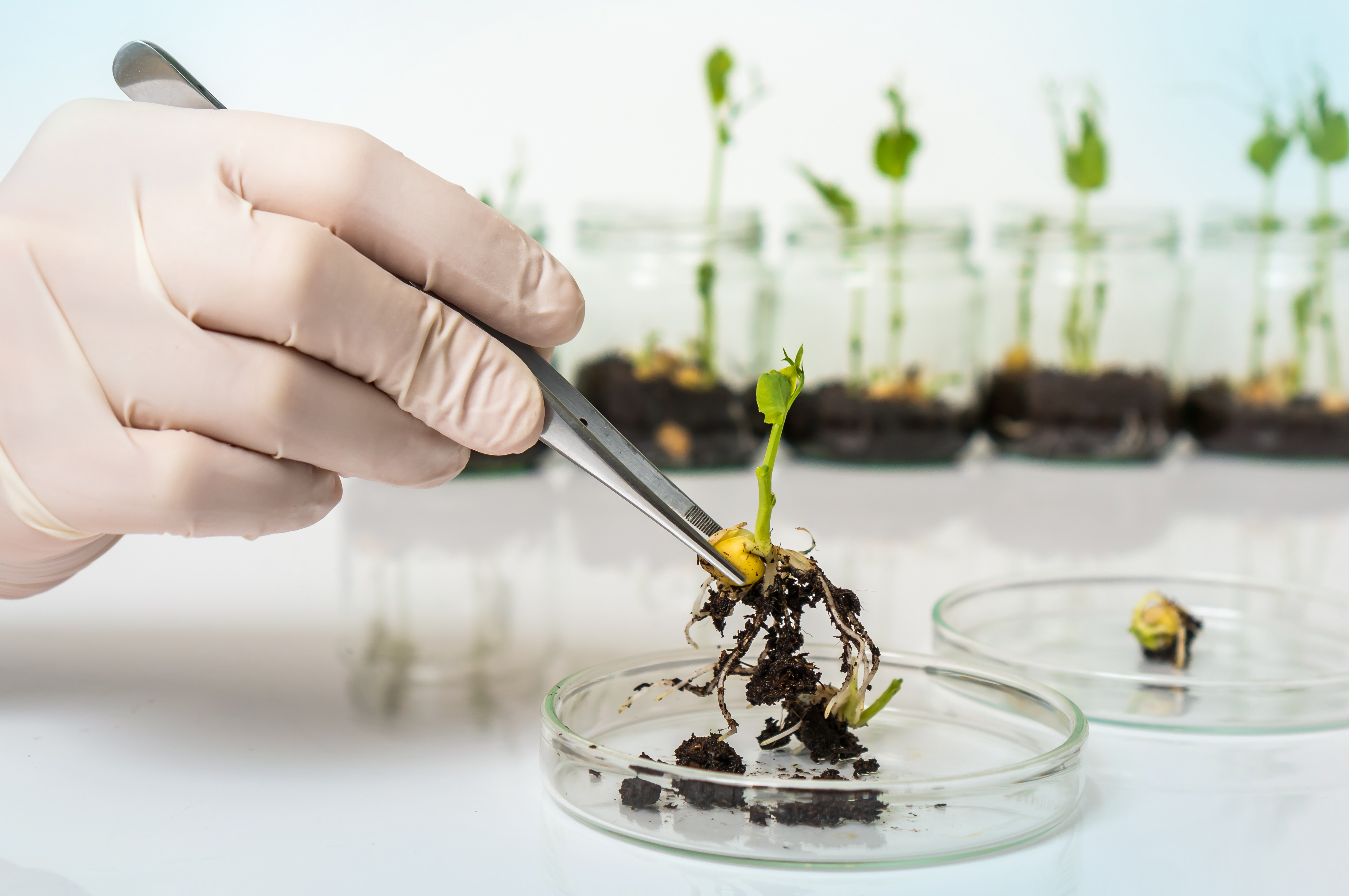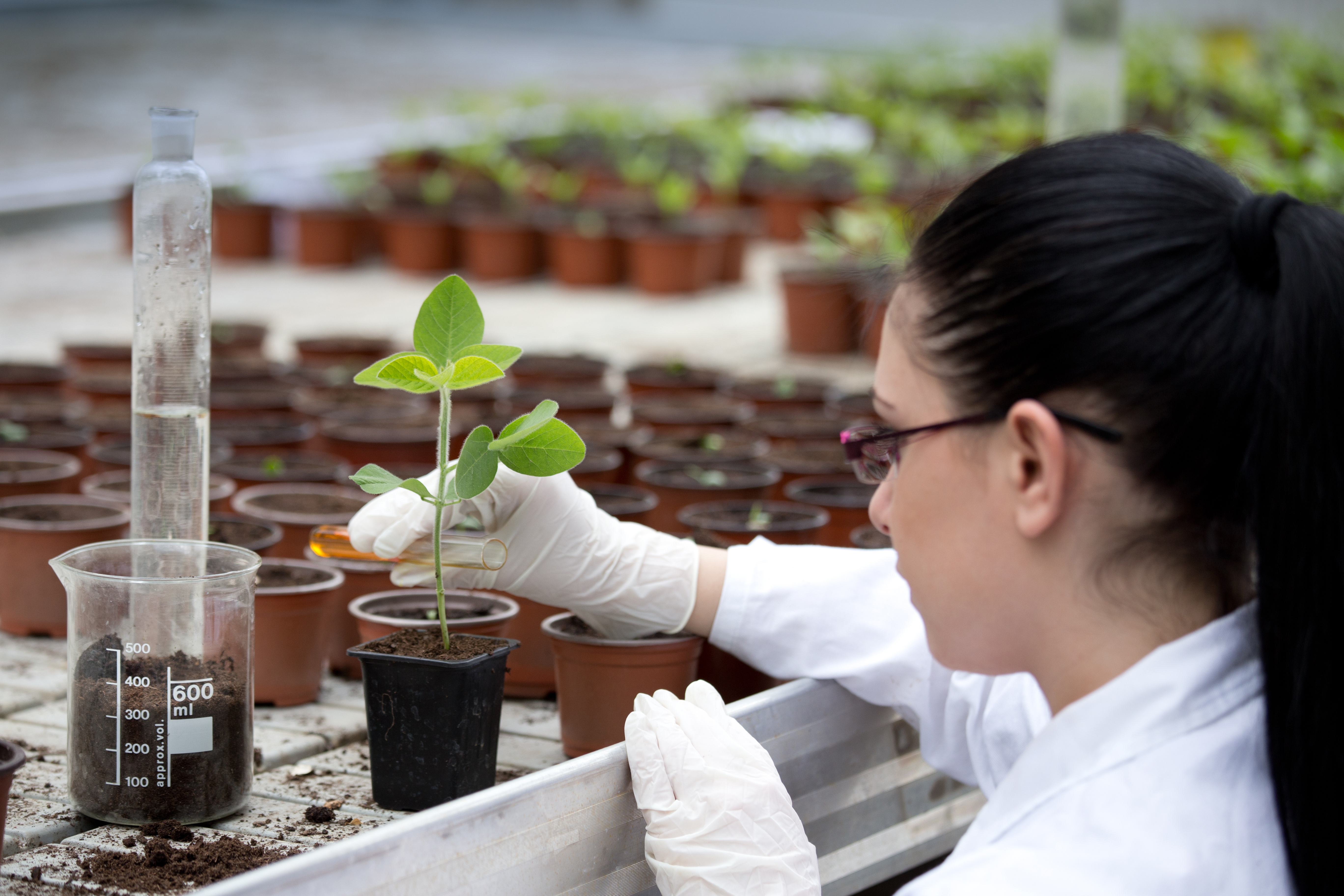As the world’s population has reached 8 Billion & is continuously growing, there is an increasing need to find innovative ways to utilise the fixed amount of productive land. Biofortification of crops through regular breeding and fertiliser application are two strategies to improve nutritional value, but genetic engineering offers an effective method for addressing global food security. Gene stacking could allow for complex characteristics to be expressed with minimal breeding. Minichromosomes could provide a steady and stable platform for gene stacking. Because a ‘micro-to-macro’ approach toward creating an artificial chromosome is not yet possible, the ‘macro-to-micro’ strategy for minichromosome creation is a feasible option.
But what is minichromosomal technology, and how would it help agriculture?
The current application of minichromosomal technology allows stacking herbicide-tolerance and pest-resistance genes. In addition, minichromosomal technology doesn’t change the plant’s genes in any way, resulting in faster encouragement and acceptance by farmers. Plants could even gain new properties or develop new metabolites in the future by adding entire biochemical tracks.

Minichromosomes are artificially engineered, usually small in size, with only essential components & with the following properties:
- Minichromosomes are small and have no genes of their own, and thus can be used as super vectors to express foreign genes but have minimal interference with the host growth and development.
- Minichromosomes are stable during mitosis and meiosis, allowing the inhabited genes to be expressed and transmitted from cell to cell and generation to generation.
- Minichromosomes allow the addition, deletion & replacement of genes on them by either SSR (Simple Sequence Repeat) systems.
Minichromosomes can be built in most plant species for a broad spectrum of new applications. Telomere shortening, combined with the insertion of site-specific recombination, when two DNA molecules exchange parts of their genetic material with each other, has proven to be an effortless method to produce minichromosomes. In addition, tools such as gene assembly, genome editing, gene targeting, and chromosome delivery systems can make crop engineering possible with multiple genes to enhance the yield of agricultural products using fewer natural resources.

Conclusion
Minichromosomal technology has the potential to offer many opportunities for expanding current biofortification methods. While traditional genome manipulations depend on randomly integrating a few genes, designed minichromosomes enable experts to combine several gene fragments into a single independent chromosome. If used in sequence with other biofortification methods, it may increase the nutritional value of crops significantly. Minichromosomes have been reliable in expressing transgenes and are transmitted from generation to generation. There is potential to make large-scale inclusions to minichromosomes, which could allow for the development of multiple genes at once instead of several transformations.








 Connect With Us
Connect With Us